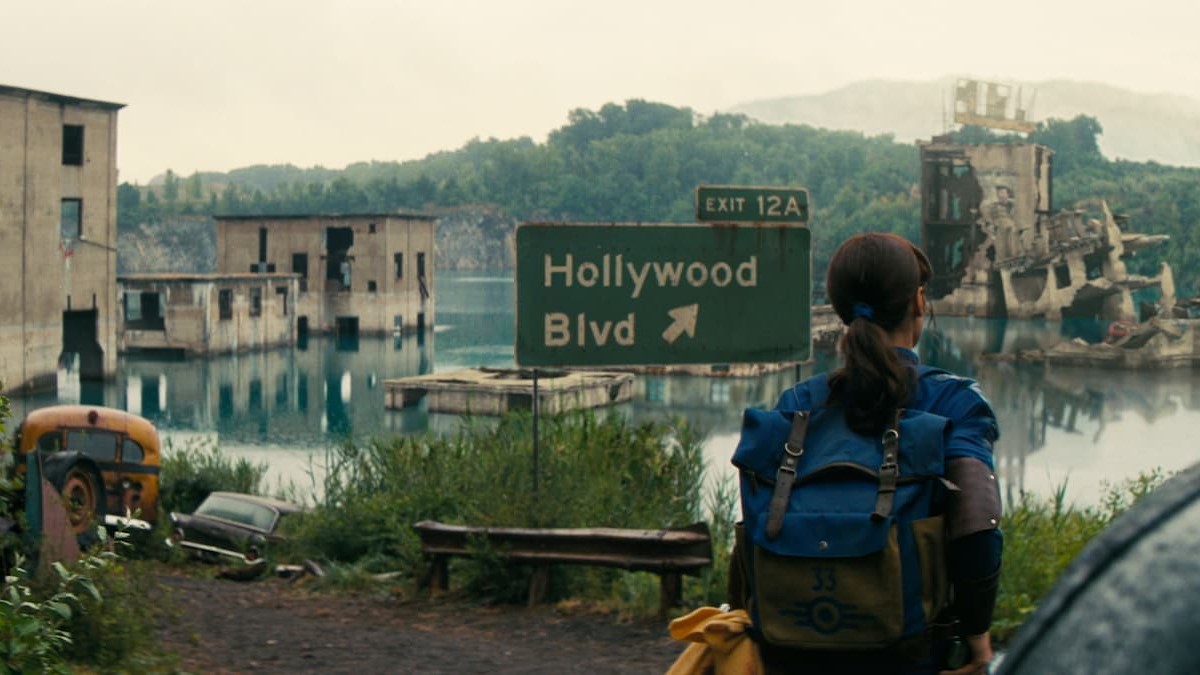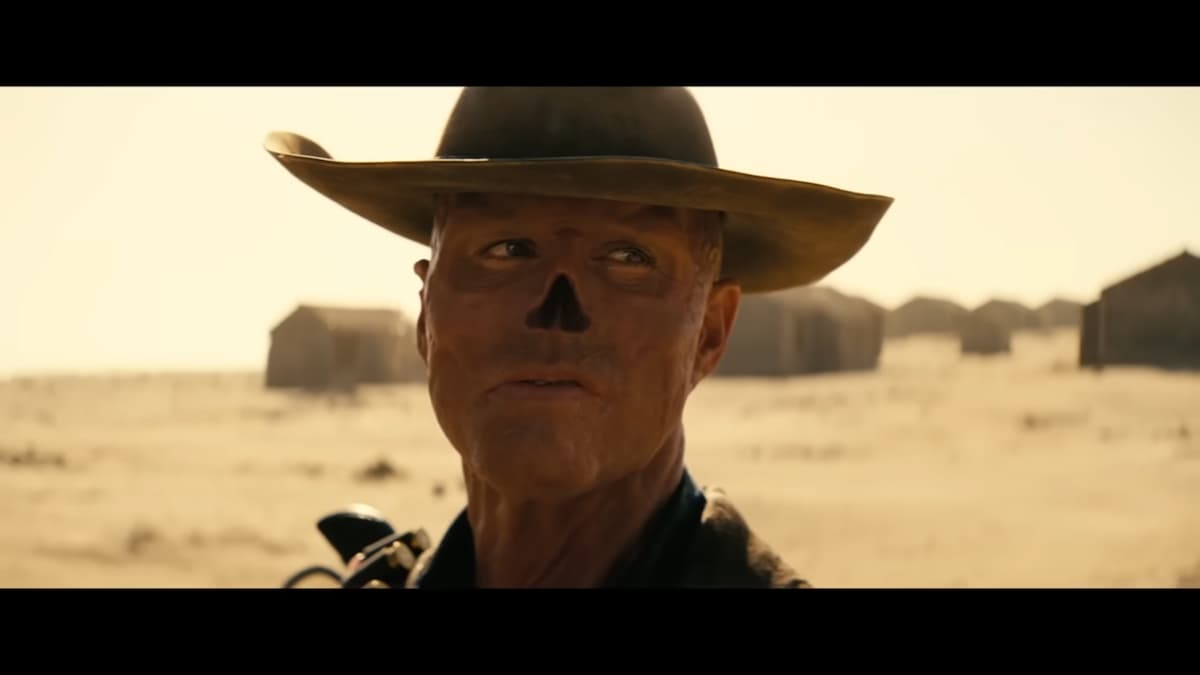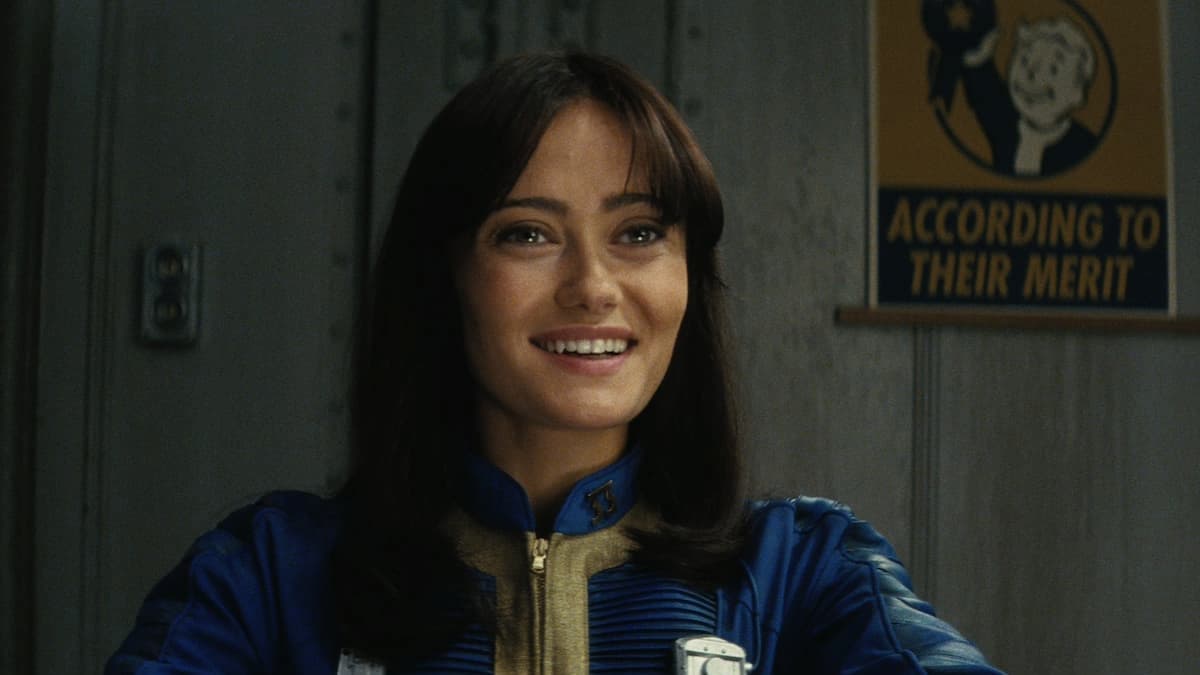The gaming community has a fractured collective memory when it comes to the history of games in general, but specifically when it comes to video game music. As a gamer who started playing around 90-91, I remember video game soundtracks evolving from the beep-beep-boop background sounds of carefully orchestrated 8-bit songs to the much more listenable 16 and 24 bit soundtracks and beyond.
For those who don’t remember, there was a time when Video Game Music (VGM) was its own entity–an established and separate music genre which gave rise to the old-school gaming music legends we know and love (think Uematsu or Kondo). It had its own subculture anchored in gaming. To a degree it still exists, but this was a major development at the time. No one had taken video game music composition too seriously. This was particularly true for North American releases (Japanese releases had high quality scores as early as 1989) From 1990 to 1999 that changed–dramatically.
The Evolution of Video Game Soundtracks
Though superstars like Uematsu already had cutting edge soundtracks to their name prior to 1990, it would still take considerable time before mainstream gamers would take notice. Moreover, music for most video games at the time were very simple and rather generic (and perhaps also a bit grating). With the exception of stand out games (largely RPGs, often JRPGs), the industry didn’t get the whole soundtrack thing sorted out until the mid ’90s. That’s largely thanks to Nintendo.
Nintendo decided against moving from 16-bit to 32-bit, even though most of their competition was rushing to compete in the 32-bit space. Nintendo instead allocated resources to improve the quality of 16-bit games which meant investing more time in producing higher-quality graphics (like cutting edge 16-bit titles like Donkey Kong Country) as well as more listener-friendly and engaging music.
That was just the start. What game soundtracks like Donkey Kong Country, Castlevania: Bloodlines, and Super Metroid brought to the table were something other than frenetic sounds designed to evoke a sense of motion or urgency. They added atmosphere–a very distinct sense of place, emotion, and character. This was especially true in Super Metroid, the soundtrack for which evoked the feelings one might experience investigating a dangerous planet. There are haunting ambient tracks as well as energetic and sinister tracks. Unfortunately, the soundtrack really missed the mark with boss battle themes. These were often synth-bass heavy with no small amount of airy, shrieky synth sounds layered on top–a sign that video game soundtracks still had plenty of room for improvement.
There were slight improvements, but overall most games–particularly action games, were abused by what could only be described as a Japanese Prog-rock acid trip. I like Dragonforce and I maybe like a Dream Theater song or two… but this style of video game music was downright abusive. Have your doubts?
What if every game you played for the next two years sounded like that? Welcome to the mid-’90s in video game soundtracks.
Of course there were stand outs. In 1996 Wild Arms was released and we all (well, at least those of us playing RPGs at the time) felt a collective sense of relief. When people talk about great game soundtracks, we all tend to gravitate to classics like Final Fantasy, Chrono Trigger, and the like. Wild Arms stood out for taking that same great compositional skill and then applying it to a theme. A mid-western/ spaghetti western theme, to be exact. And here’s the thing–it was good. Like, REALLY good.
Of course, Wild Arms retained a lot of the traditional JRPG musical tropes: Prog rock tracks, world music influences, and a propensity to get a little cheesy. The track “Bringing it Back to the Soil” is clearly meant to evoke some sense of a tribal (perhaps Native American) atmosphere, but really it’s just a bit frenetic and oddly reminiscent of FF VIII‘s “Liberi Fatali”–you know, if it were performed as a tribal music piece.
Fortunately, 1997 was another banner year for the progression of video game music. This was the year some real legends were born. It was the first time I could ever recall other gaming friends seeking out soundtracks for games. In case you don’t already know, 1997 was the year Final Fantasy VII and The Legend of Zelda: The Ocarina of Time were released.
One game took video game soundtracks in a different direction in 1997. Goldeneye: 007. The soundtrack to the game was based on the score from the James Bond film of the same name. The game included transitional changes in music. For example, you might start a level in an elevator and the music would be elevator music, but the music would change when you left the elevator. It seems like a small detail–and it was, but it also added a level of polish to the video game that made it more immersive.
It took a year, but eventually everyone had caught on to the fact that quality video game soundtracks mattered. 1998 saw games that had fantastic scores (Kartia, Metal Gear Solid, and Xenogears). Amid this flood of improved soundtracks, one stood out as entirely unique.
It is 1998 and we’ve reverted to the original, 8-bit Gameboy platform. This was one of the most unique 8-bit scores ever created for a game. The tracks more than adequately conveyed the sense of boyish (or girlish) wonder and determination that setting out as a young pokemon trainer might evoke and it was accomplished with a more finite palate of sounds than non-handheld consoles.
1999 saw video game soundtracks reach a temporary plateu. The top scores belonged largely to JRPGs who seemed as though they’d gotten into the groove of making beautiful and memorable video game scores. This was the year that Star Ocean 2, Legend of Legaia, and Thousand Arms came out. It was the end of a decade of major progress in video game soundtracks and the middle of this year we would see the final (for now, at least) change in video game soundtracks.
Tony Hawk’s Pro Skater was one of the first games I or anyone I knew had ever played that featured music from bands on the radio. It featured a lot of underground bands that weren’t on the radio. Names like Bad Religion, the Vandals, and The Ernies were the CDs I was buying at Tower Records or Sam Goody, but to have them in my video games in a context that made sense was nothing short of a gaming miracle.
The Modern Era of Video Game Soundtracks
1997 through 1999 set the groundwork for the amazing scores that were to come. It wouldn’t be long before games like Halo were producing blockbuster film quality scores (that got better with each iteration of the game). Eventually, high profile composers would even begin contributing to video game soundtracks, delivering us video game soundtracks that rival film scores and eventually even be nominated for Grammy Awards alongside Hans Zimmer and John Williams.





